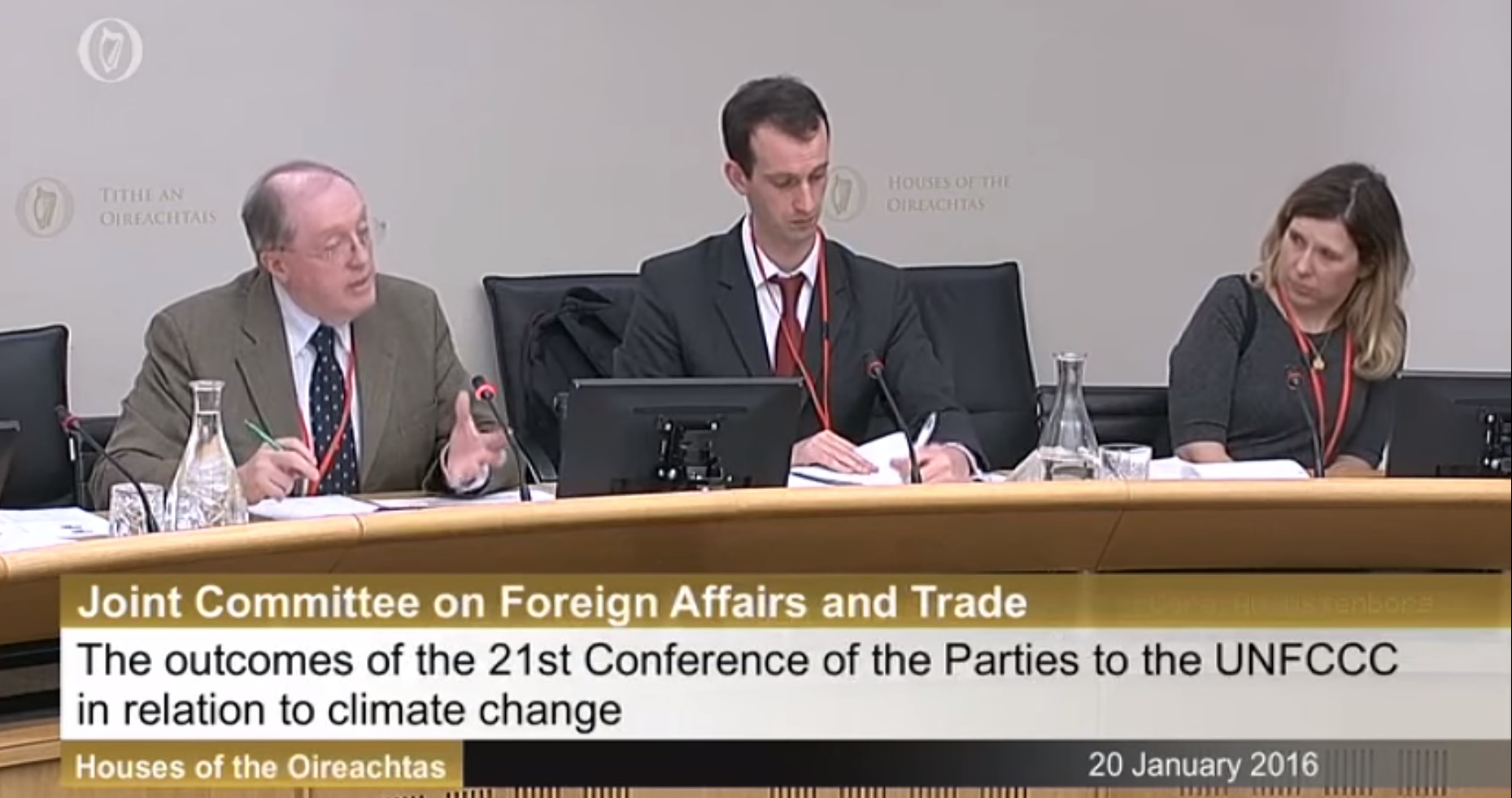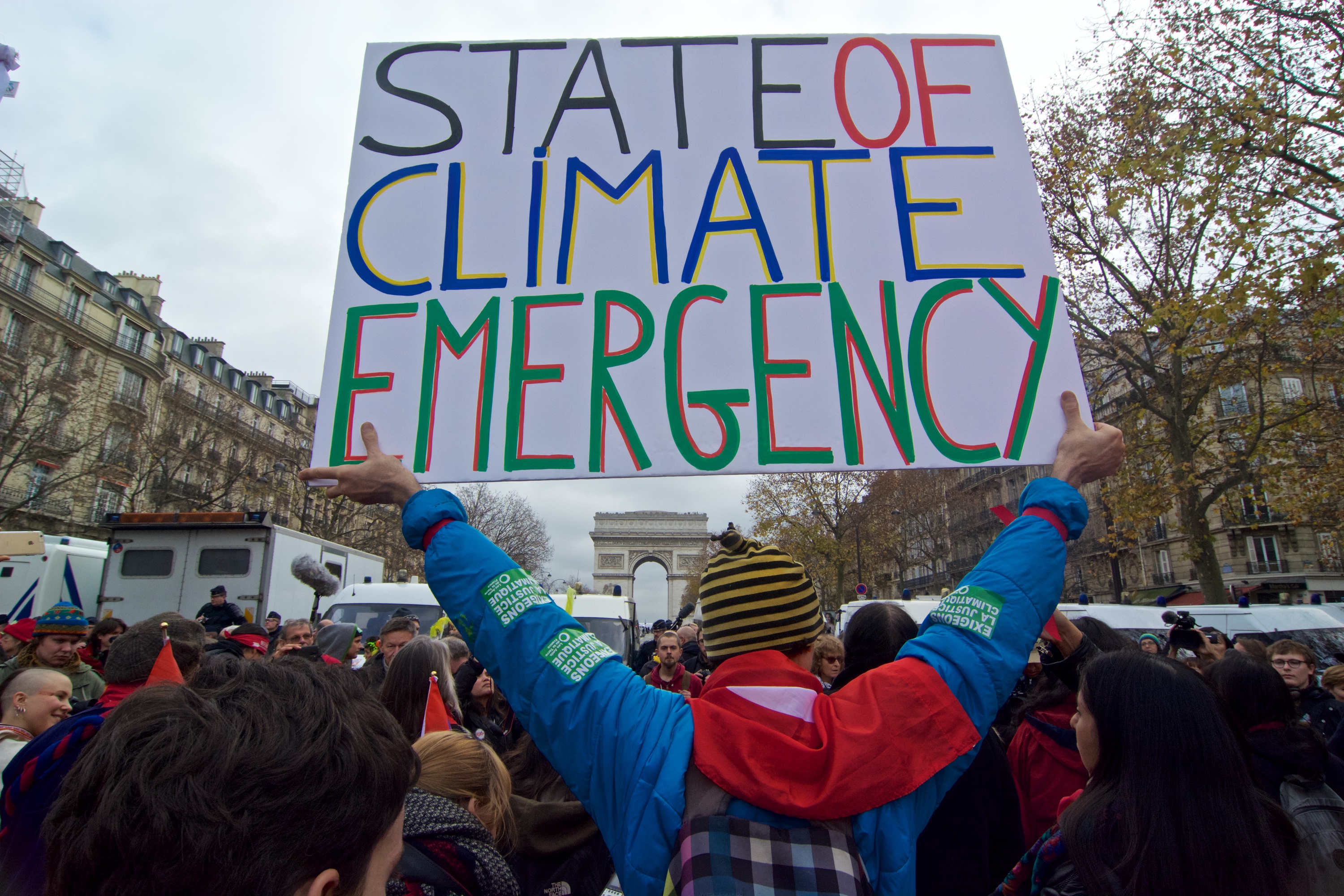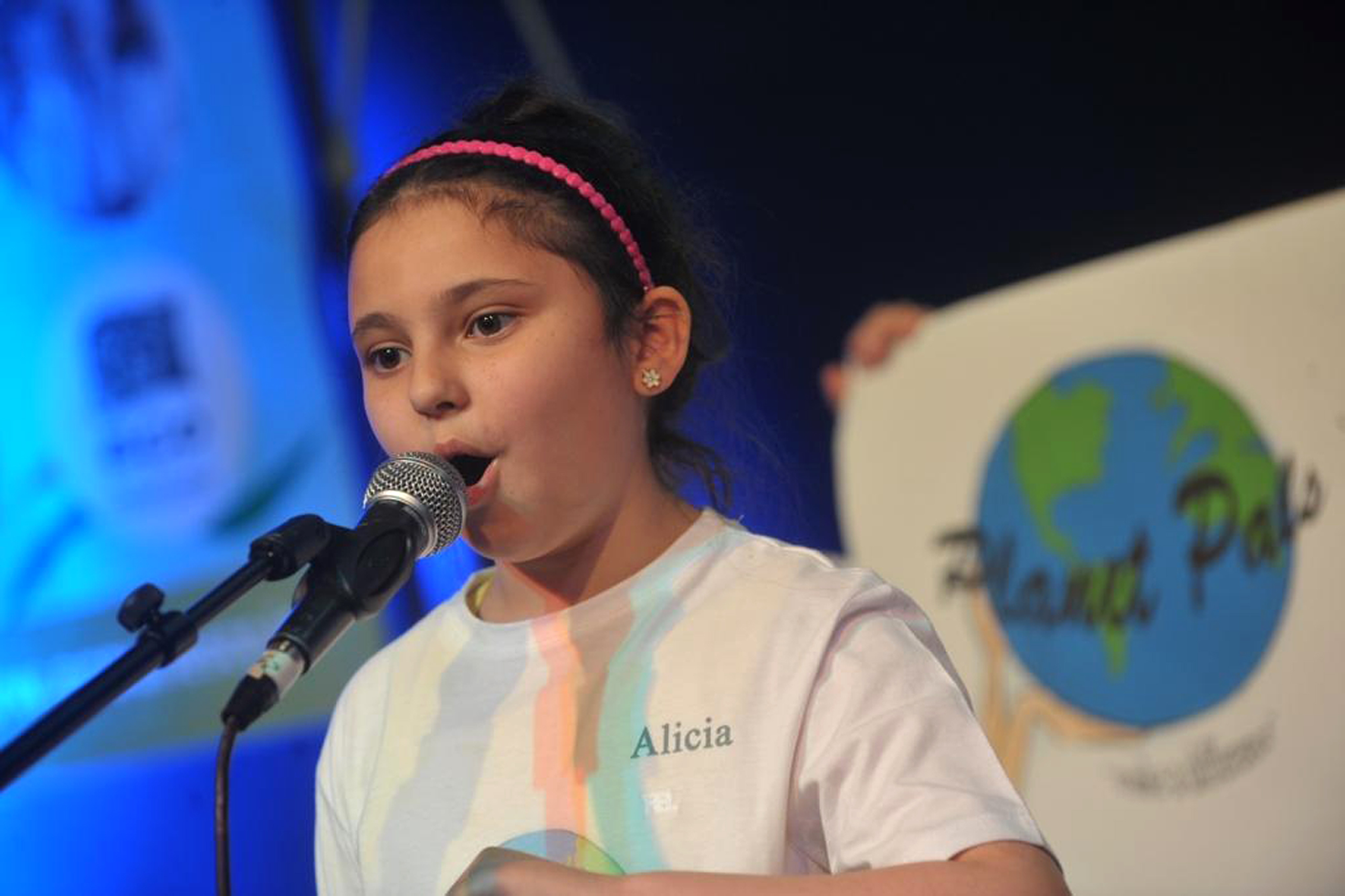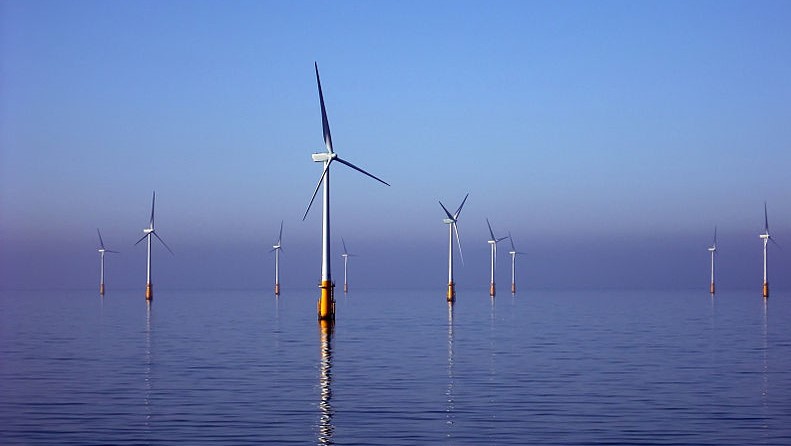Extreme weather events in 2017 most expensive on record, finds WMO

March 28th, 2018
The economic cost of severe weather and climate events in 2017 was the most expensive on record, the World Meteorological Organization (WMO) has found.
The report – Statement on the State of the Global Climate in 2017 – states that German reinsurer Munich Re estimated total losses from climate and weather events to be at $320 billion, the largest amount ever recorded.
Keys events include last year’s intense North Atlantic hurricane season, the costliest ever in US history. The total cost of Hurricanes Harvey, Irma and Maria is estimated to be around US$ 265 billion, according to the National Centers for Environmental Information.
Climate impacts hit vulnerable nations especially hard, with a recent study by the International Monetary Fund warning that a 1 °C increase in temperature would significantly hit economic growth rates in many low-income countries.
Severe internal displacement caused by droughts and food insecurity were observed in Somalia where 892,000 drought-related displacements were recorded by the UN between November 2016 and December 2017. As of June 2017, more than half of Somalia’s cropland was affected by drought, while herds were decreased around 40 to 60 per cent since December 2016.
Floods also badly affected the agricultural sector in Asian countries, according to the report. For example, heavy rains in May 2017 triggered severe flooding and landslides in south-western areas of Sri Lanka. The negative impact on crop production aggravated food security conditions in the country already stricken by drought.
Ocean acidification also increased across the world, affecting the health of coral reefs and the quality of aquaculture raised fish and seafood, and impacting coastal economies, the report said.
Future Climate Impacts
The report found that found global mean temperatures in 2017 was 1.1 C above pre-industrial temperatures and was one of the three hottest years on record.
The average global temperature during 2013 – 2017 is the highest five-year average on record, with the report also pointing to continued sea levels and the melting of sea ice in both the Arctic and Antarctic.
According to WMO Secretary-General Petteri Taalas, the trends indicate that 2018 will bring further threats to both livelihoods and human health.
Mr Taalas said: “The Arctic experienced unusually high temperatures, whilst densely populated areas in the northern hemisphere were gripped by bitter cold and damaging winter storms.
“Australia and Argentina suffered extreme heatwaves, whilst drought continued in Kenya and Somalia, and the South African city of Cape Town struggled with acute water shortages.”
He also pointed to the growing levels of carbon dioxide in the atmosphere (400ppm), which are far above natural variations in the past 800,000 years.
“They will remain above that level for generations to come, committing our planet to a warmer future, with more weather, climate and water extremes,” he warned.
[x_author title=”About the Author”]






